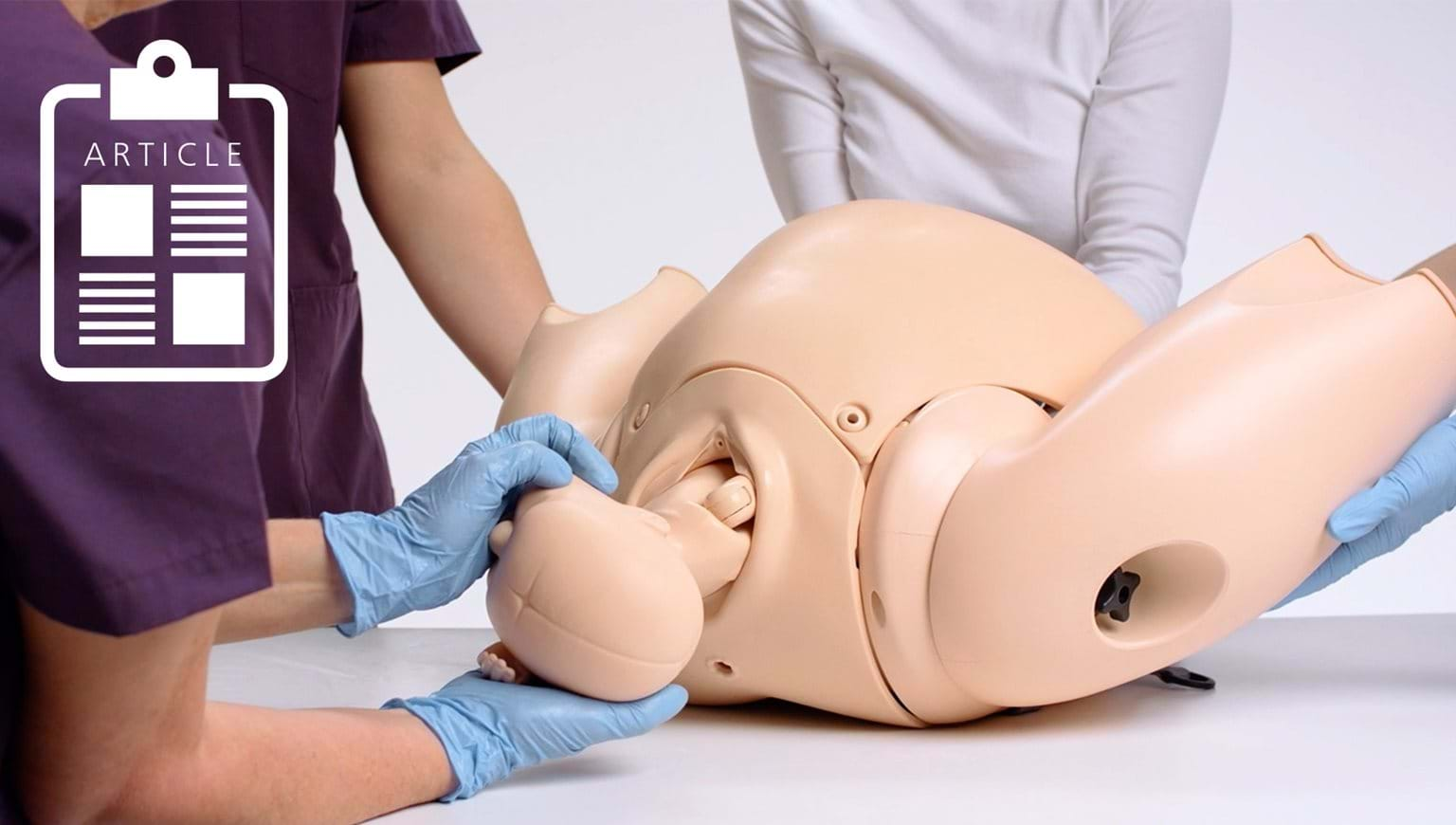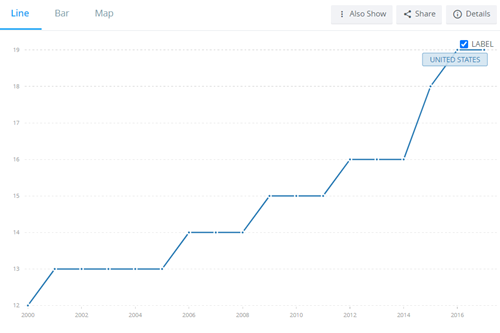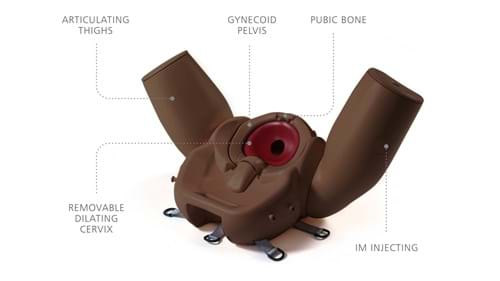News
Supporting training for obstetric emergencies with the PROMPT Flex Range
04 June 2020
Shoulder dystocia is an unpredictable emergency complication that occurs during a vaginal delivery. Although in most cases the baby is safely delivered, where shoulder dystocia is not managed correctly it can lead to serious issues that can be detrimental to the health of both the mother and the baby.

Shoulder dystocia has been associated with neonatal complications in babies, including brachial plexus injury, whilst in mothers, shoulder dystocia can lead to increased risk of postpartum hemorrhage, third and fourth-degree perineal trauma and most shockingly, increased maternal morbidity.
Although considered mainly as problems of the developing world, maternal mortality and morbidity remain a challenge in the United States of America (USA) with African American women disproportionally affected. Each year an estimated 12,000 women in the USA suffer complications during pregnancy or childbirth that prove fatal. The World Health Organization (WHO) findings suggest about half of these could be prevented if identified and managed quickly and efficiently.1

Trends in Maternal Mortality: 2000 to 2017
For successful management of shoulder dystocia, an effective, multi-professional team working together is essential. Improved multi-professional training appears to be one of the most promising strategies to improve perinatal outcomes. ‘Skill drills’ have been recommended by both the Royal College of Midwives (RCM) and the Royal College of Obstetricians and Gynaecologists (RCOG), as well as national bodies on both sides of the Atlantic: the Joint Commission on Accreditation of Healthcare Organizations (JCAHO) in the United States and the maternity Clinical Negligence Scheme for Trusts (CNST).2
The emergence of PROMPT (Practical Obstetric Multi-Professional Training) and other similar courses (ECO, ALSO) are making a difference in the preparedness of teams for emergency situations. In Bristol, UK, where the PROMPT Foundation is based, the introduction of PROMPT training has led to a 100% reduction in permanent brachial plexus injury, and a 50% reduction in hypoxic brain injury in babies. Its reach is also spreading globally, where similarly positive maternal and fetal outcomes linked directly to PROMPT training methods are being witnessed in the United States, Australia, Zimbabwe, and the Philippines.
A key component of the PROMPT training is the effectiveness of working as a team. The ability to coordinate a rapid response between several team members is essential, and when that is combined with versatile practical training solutions, it becomes clear why the PROMPT program is recognized worldwide.
 Designed in collaboration with the PROMPT Foundation, the PROMPT Flex Birthing Simulator allows medical professionals to improve team performance when responding to cases of shoulder dystocia and other obstetric emergencies, while also facilitating realistic and urgent scenarios. The anatomically accurate gynecoid pelvis, birth canal, and cervix create a realistic platform to practice issuing suprapubic pressure, whilst the Bluetooth enabled Force Monitoring software in the PROMPT Flex Advanced Baby allows for the accurate measurement of force when performing maneuvers.
Designed in collaboration with the PROMPT Foundation, the PROMPT Flex Birthing Simulator allows medical professionals to improve team performance when responding to cases of shoulder dystocia and other obstetric emergencies, while also facilitating realistic and urgent scenarios. The anatomically accurate gynecoid pelvis, birth canal, and cervix create a realistic platform to practice issuing suprapubic pressure, whilst the Bluetooth enabled Force Monitoring software in the PROMPT Flex Advanced Baby allows for the accurate measurement of force when performing maneuvers.
“PROMPT involves low cost, high fidelity simulation training, which is designed to optimize multi-professional team working. It bridges the gap between theory and real-life, providing hands-on practical training. This is not only cost-effective but allows staff members, who work together, to train together to improve real-life outcomes. PROMPT does not require the use of complex and expensive technology but rather advocates patient actors and basic props to increase realism. Nonetheless, training of technical skills such as internal maneuvers at shoulder dystocia can benefit from high-technology simulators such as the PROMPT Birthing Trainer (Limbs&Things) for shoulder dystocia.”
The management of shoulder dystocia has been a frequent area of focus for medical researchers. In her research, Dr Joanne Crofts, Obstetrics and Gynaecology Consultant at Southmead Hospital, concluded that after training with the Limbs & Things Birthing Simulator, 33% more trainees were able to successfully deliver a baby in a shoulder dystocia impacted birth.
In a world where 1 in 2300 births in the UK are affected by permanent brachial plexus injury, a neonatal outcome associated with shoulder dystocia, the emergence of PROMPT ensures that these complications can become far less frequent. Additionally, where instances of permanent damage to mother and baby have previously been accepted as unavoidable, there is now a real possibility that it can be significantly decreased if the correct response and training is implemented properly.
For more information on how we can support training get in touch with our team here.
References:
1: Maternal mortality: Levels and trends 2000 - 2017, The World Health Organization
2: Training for obstetric emergencies: PROMPT and shoulder dystocia, bmj.com


